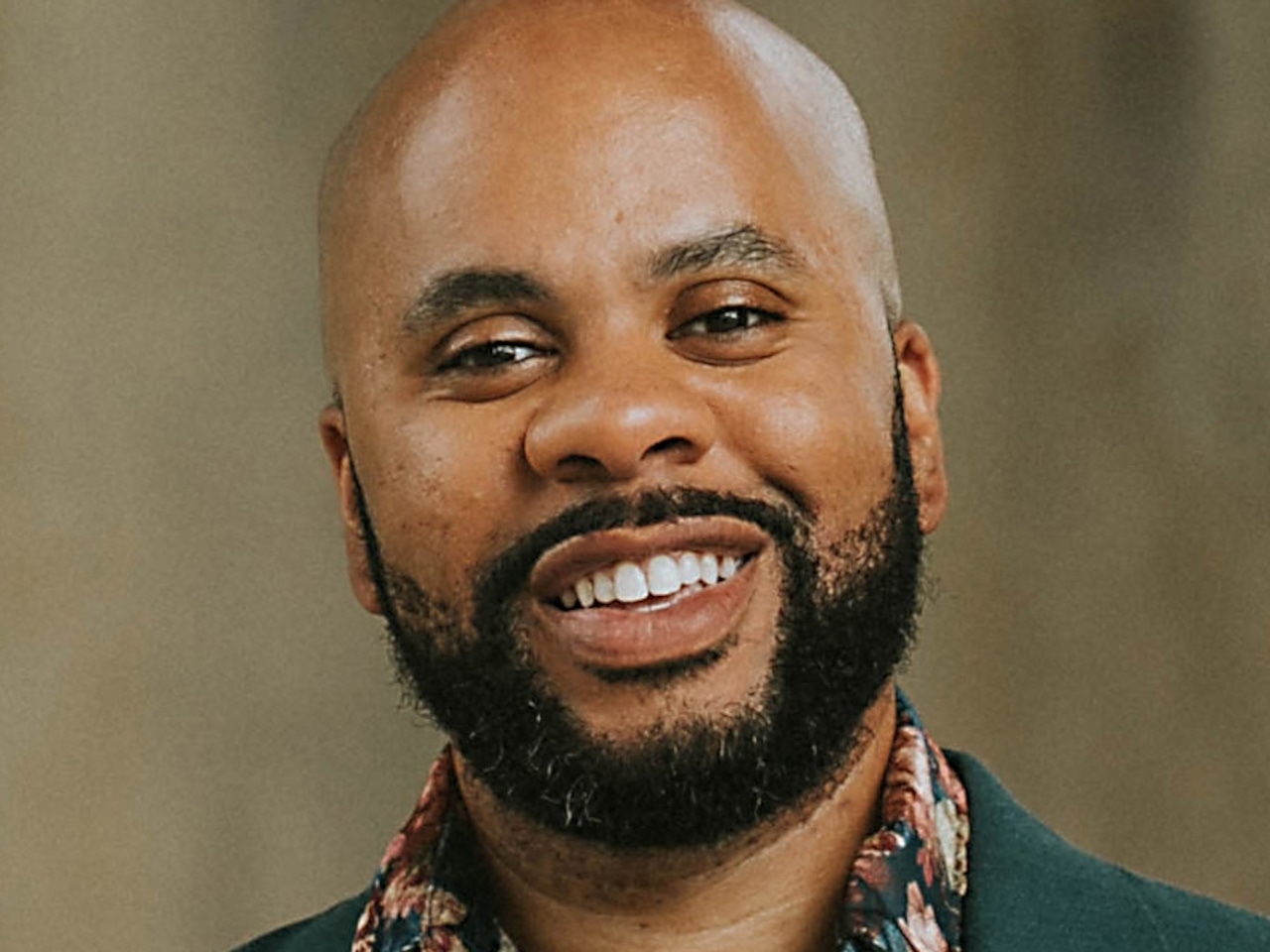Steven Foley’s girlfriend discovered a piece of evidence in the murder case against Foley “quite literally as she was airing his dirty laundry,” prosecutors said Monday, as attorneys offered opening statements in Foley’s trial Monday.
That evidence, a black “fetish mask,” would convince the woman, Loretta Cole, to tell police the version of events Foley gave her in the wake of Cynthia Webb’s death, according to Worcester County Assistant District Attorney Tiffany Scanlon.
Foley is accused of murdering Webb, a local exotic dancer, and lighting her car on fire with her body inside at Hope Cemetery in Worcester, in December of 2017.
During her opening statement, Scanlon highlighted significant video and physical evidence, including video she said shows Foley interacting with Webb in two separate strip clubs, and driving her vehicle with her in it on Dec. 11, 2017.
Webb’s body was discovered the following morning with her body in the trunk and the vehicle on fire at the cemetery.
Scanlon said cell phone evidence places Foley back at the home where he was living in Northborough the night of Dec. 11.
She said police later found stains consistent with bloodstains between 12 floorboards in Foley’s room, and that those boards tested positive for Webb’s DNA.
Cole was away on a work trip, with Foley living alone at the home during the days leading up to Webb’s death, and Scanlon said Cole later told police Foley’s version of events — that he had met up with Webb at the clubs, but that he also met two other men at a different bar and brought them to his home to hang out.
Cole told police Foley said Webb later showed up at his house, and after the two men left, he found Webb dead on the upstairs bed with a trickle of blood coming from her mouth.
According to Scanlon, Cole told police Foley confessed to wrapping Webb’s body in a tarp, putting it into her vehicle, driving to the cemetery and burning the vehicle.
Scanlon told jurors Foley picked the cemetery due to it being “a vast, rural, historic resting place” with no witnesses, no cameras and no fire hydrants.
She said multiple pieces of surveillance video and witness statements show Webb’s car traveling to the cemetery, a man walking away afterwards, and Foley being picked up in the area and arriving home at times consistent with him being at the cemetery around the time of the fire.
Firefighters responding, Scanlon said, found the car burning everywhere but the engine compartment, and when they opened the trunk, found “an unrecognizable naked female human body.”
“Cynthia Webb was only recognized by her dental records days later,” Scanlon said.
Foley’s recounting to Cole and other friends, she said, were “full of lies,” and he was arrested with packed luggage, a passport and nearly $35,000 in cash and money orders.

Steven Foley, accused of killing Cynthia Webb, enters Worcester County Superior Court Monday, Aug. 28, 2023, as his murder trial begins.Dave Thompson | Masslive
What did the defense say?
Defense attorney Sarah Hamilton told jurors categorically, “Steven Foley did not kill Cynthia Webb.”
Hamilton said physical evidence is inconclusive, adding that even if DNA evidence placed Webb at Foley’s home, “it will not establish a link between Mr. Foley and Ms. Webb’s death.”
She said while an autopsy would show “defects” in Webb’s body, they would not show those defects caused her death.
“So how did Cynthia Webb die? It is possible that the evidence in this case will not lead you to be able to answer that question,” she said.
But Hamilton implied that multiple drugs indicated in a toxicology report — cocaine, Valium, Tramadol, gabapentin, alcohol and cannabis — could have contributed to Webb’s death.
“The scientific, physical and eyewitness evidence in this case will fail to prove that Steven Foley was the cause of Ms. Webb’s death.”
She also told jurors that differing stories by witnesses in the case would cast doubt on their credibility.
Webb, 59, worked as a dancer at Mario’s Showplace, a club in Webster, according to police.
Foley had a significant history involving sex offenses, and was sentenced to serve more than 18 years in prison after being convicted of rape of a child and assault in a 1979 case in Essex County.
Records show Foley was later convicted in 1985 for a rape in Salem. He was sentenced to serve 19.5 years to 20 years in that case. Court records show the sentence was to be served from and after any sentence Foley was currently serving.
In 2010, Foley was accused of raping a woman in Peabody, pleading guilty to lesser charges of indecent assault and battery on a person over the age of 14 in exchange for a 2- to 2.5-year sentence. He was released, let go for time he served while in custody after his initial arrest in 2010.
Foley originally faced a charge of burning a vehicle in the case involving Webb’s death. He was later charged with murder, and indicted almost a year after her body was found. He has been in jail since his arrest, with his trial delayed multiple times, initially due to the COVID-19 pandemic.






